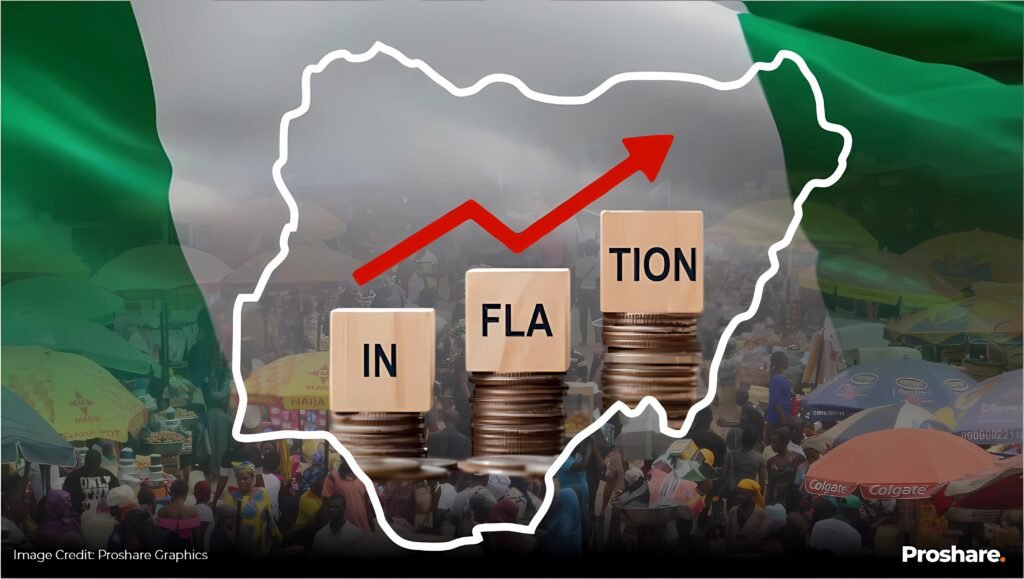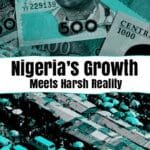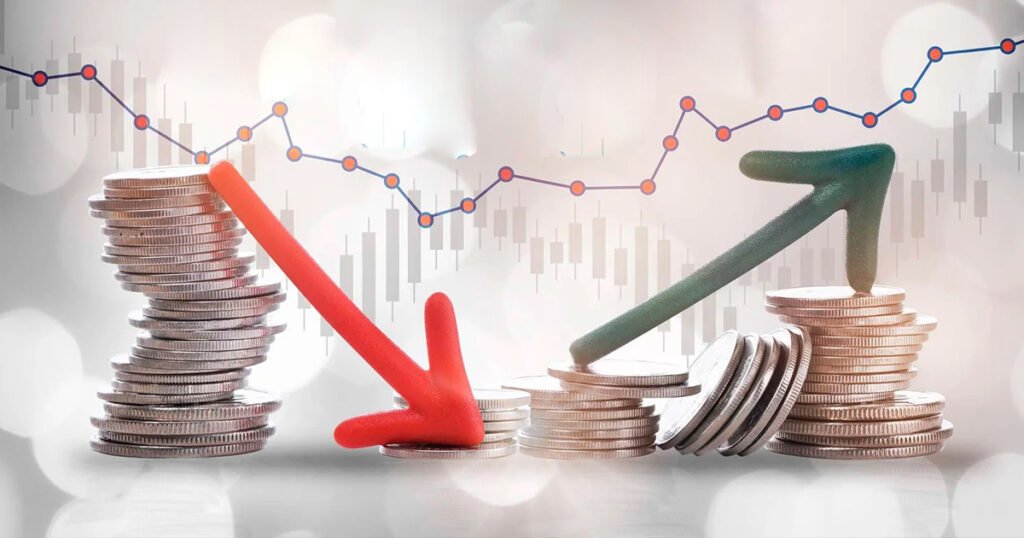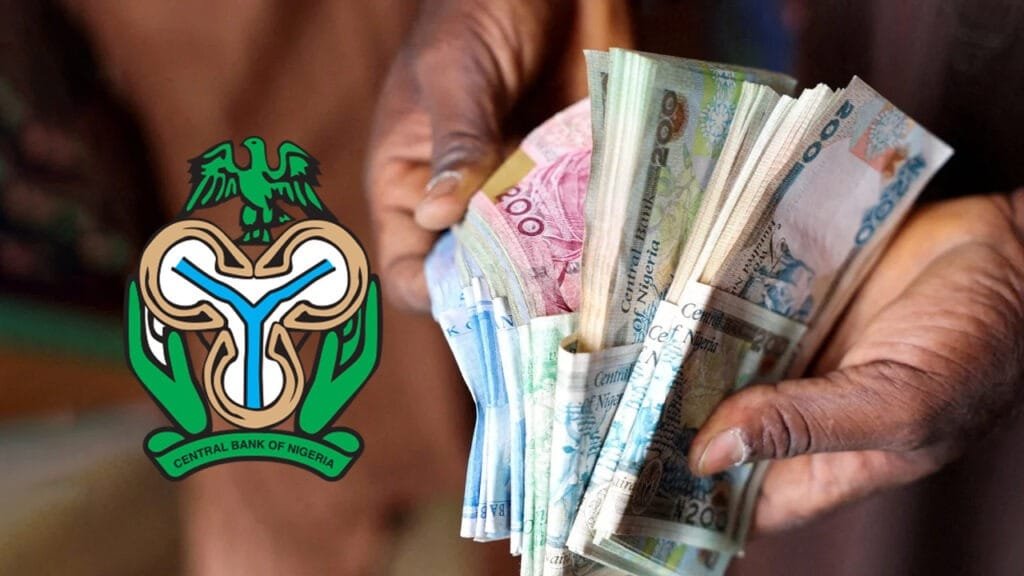In 2014, Nigeria was basking in the limelight. Africa’s largest economy had just completed a GDP rebasing exercise that elevated its per capita income to an impressive $3,220, boosting national pride and investor confidence. The country’s rebased GDP made headlines across the globe and, for a brief moment, it looked as though Nigeria was on a fast track to middle-income status. Eleven years later, that dream has evaporated.
According to the latest International Monetary Fund (IMF) report, Nigeria’s GDP per capita has plummeted to a meagre $835.49 in 2025 — representing a 285% collapse from its 2014 high. It is a staggering decline for Africa’s most populous nation and once-promising economic giant.
What is perhaps even more unsettling is where this new GDP per capita places Nigeria: just a few dollars shy of Somalia, a country long plagued by civil unrest and systemic poverty. The once-mighty “Giant of Africa” now finds itself in a bracket it never imagined sharing.
This sharp drop is more than a statistical anomaly. It is a reflection of economic dysfunction, structural weaknesses, and a governance deficit that have gradually eroded the country’s prosperity, leaving over half its citizens trapped in poverty.
The Math of Decline: From Boom to Bust
GDP per capita— the value of all goods and services produced in a country divided by its population— is one of the clearest indicators of individual economic well-being. In 2014, it stood at $3,220, placing Nigeria in the lower-middle-income category. Today, at $835.49, Nigeria has slipped below several of its West African neighbors, including Ghana ($2,190), Côte d’Ivoire ($2,900), Togo ($1,100), and Chad ($1,040).
Even Somalia, a country with no functioning central government for decades, now has a per capita income of $818.65, almost at par with Nigeria.
What makes the fall even more dramatic is the speed of the descent. From $2,416.36 in 2023 to $877.07 in 2024, and now to $835.49 in 2025, the country has lost almost two-thirds of its per capita income in just two years. This level of economic erosion has no precedent in Nigeria’s modern history.
What Went Wrong?
Economists, analysts, and everyday Nigerians agree on one thing: Nigeria’s economic collapse did not happen overnight. Rather, it is the result of a long-standing accumulation of chronic issues, mismanagement, and external shocks that the country failed to shield itself from. The unraveling of the Nigerian economy has been slow but steady, marked by consistent policy missteps and global forces that worsened already weak fundamentals.
One of the most glaring issues has been the depreciation of the Nigerian naira. Over the past decade, the currency has lost more than 90% of its value against the US dollar—falling from ₦150/$ in 2013 to nearly ₦1,500/$ in 2025. This dramatic freefall has made imports prohibitively expensive, thereby fueling inflation and eroding the value of the naira in everyday transactions. While the government eventually moved to unify the exchange rates in 2023, following long-standing IMF recommendations, the reform came too late to reverse the economic damage already done.
Inflation has also reached staggering levels, hitting 34.8% in December 2024—the highest in nearly three decades. Food inflation alone is estimated at over 40%, pushing basic necessities out of reach for millions of Nigerians. The sharp rise in prices has decimated real incomes, rendered personal savings worthless, and significantly reduced purchasing power. This inflationary spiral has choked investment, worsened poverty, and weakened overall economic activity.
Another critical factor has been Nigeria’s continued overreliance on oil. Despite decades of rhetoric about diversification, crude oil still accounts for about 90% of export earnings and more than half of government revenue. As oil prices fluctuated and domestic production dropped—due to pipeline vandalism and theft—so did national revenue. This structural weakness has left the country exposed to external shocks and incapable of sustaining meaningful growth.
Furthermore, rapid population growth continues to strain the country’s limited resources. With an estimated population of 238 million in 2025, Nigeria is growing faster than its economy. High fertility rates coupled with stagnant economic performance have created an environment where wealth generation cannot keep pace with demographic expansion. As a result, poverty has deepened, and social services have been stretched to their limits.
Insecurity has only worsened the situation. Persistent violence—from banditry in the northwest to insurgency in the northeast—has stifled commerce, disrupted agriculture, and discouraged both local and foreign investment. Foreign direct investment, once a vital source of capital for Nigeria, has steadily declined amid growing concerns about safety, corruption, and a murky regulatory environment.
Tinubu’s Reform Gambit: Too Little, Too Late?
Two years into President Bola Ahmed Tinubu’s administration, the economic story remains mixed. President Bola Ahmed Tinubu, who assumed office in 2023, launched an ambitious economic reform agenda aimed at stabilizing Nigeria’s macroeconomic fundamentals. He ended the costly fuel subsidy regime and unified exchange rates — two politically risky but economically necessary steps. His administration also rolled out a Compressed Natural Gas (CNG) transition programme, raised the minimum wage to ₦70,000, and restructured social investment programmes.
But the pain from these reforms has outpaced their benefits. For ordinary Nigerians, the immediate consequence was a sharp rise in transportation and food costs, sparking public outrage and increasing hardship.
Many economists caution that while the reforms are technically sound, poor timing and lack of effective social safety nets have rendered them socially and politically volatile.
The Human Cost: From Middle-Income Dreams to Survival Mode
Behind the numbers are real people— families skipping meals, students dropping out of school, and workers juggling two or three jobs to survive.
Many believe that while the government promises improvement, the reality on the ground tells a different story. For many families, basic needs have become luxuries. School fees are unaffordable, meals are reduced to once a day, and daily life grows more difficult. This has led many to question whether the so-called reforms are truly improving lives or simply deepening hardship.
According to World Bank estimates, over 129 million Nigerians now live in poverty. The middle class— once heralded as the future of African consumer growth— is vanishing, replaced by a precarious class living on the edge of economic ruin.
“It’s not just about poverty anymore,” says Prof. Doyin Salami, former economic adviser to the President. “It’s about precarity— the sense that everything can collapse at any moment. That’s more dangerous than poverty because it erodes hope,” highlighting the severity of the situation.
A troubling offshoot of this crisis is the growing wave of emigration. The ‘Japa’ movement— slang for fleeing the country— has become a mass phenomenon. Nigeria is losing doctors, engineers, tech professionals, and academics to countries offering better opportunities and basic dignity.
What the IMF Projects and Why Caution Remains
The IMF projects a gradual recovery, with Nigeria’s GDP per capita forecasted to reach $1,040 by 2028. This would represent a 24% improvement from 2025 levels — but it still leaves Nigeria far below its 2014 baseline.
For that to happen, Nigeria must maintain macroeconomic stability, tame inflation, and grow the non-oil sector meaningfully. Most importantly, it must rebuild public trust and invest in human capital — health, education, and infrastructure.
A Blueprint for Revival: What Needs to Change
Analysts have identified key policy areas that Nigeria must urgently address to reverse the country’s steep economic decline. Central to the recovery is a concerted push to boost productivity and industrial output. Moving away from overdependence on crude oil, Nigeria needs to aggressively diversify its economy through targeted investments in manufacturing, agro-processing, and technology.
Another critical area is the need for fiscal and monetary stability. Nigeria must demonstrate credible economic stewardship by stabilizing the naira, curbing inflation, and reducing fiscal deficits. Monetary policy should be focused on building strong foreign reserves and closing the wide gap between official and parallel exchange markets. Curtailing speculative currency trading will also help to restore investor confidence and ease inflationary pressures, which have eroded purchasing power across the country.
Attracting and retaining investment is vital for long-term economic recovery. Nigeria must resolve structural barriers such as power shortages, corruption, and erratic regulatory practices that have made the business environment hostile. Restoring investor confidence will also require a renewed commitment to security and the rule of law. Combating insurgency, banditry, and criminality is essential to creating a safe and stable operating climate. Furthermore, ensuring judicial independence and transparent regulatory processes will help foster accountability and fairness in the business space.
A Giant in Decline or a Giant in Waiting?
Nigeria’s per capita income crash is not just a crisis of figures— it is a crisis of vision and leadership. For too long, the country has relied on short-term fixes, political appeasement, and oil booms. That model has failed. What’s needed now is a new economic contract that prioritizes production over consumption, merit over patronage, and long-term planning over populist policies.
Chukwuma Soludo, Governor of Anambra State and former CBN Governor aptly put it when he said “We are not poor because we lack resources. We are poor because we lack discipline, foresight, and execution.”
The story of Nigeria’s economic collapse is one of lost opportunity— but also of untapped potential. With one of the youngest populations on earth, abundant natural resources, and a vast diaspora network, Nigeria still holds immense promise.
But the window for redemption is closing. Every day without decisive action adds to the human and economic toll. Nigeria must rise— not just as Africa’s most populous nation, but as a prosperous, inclusive, and productive one.









